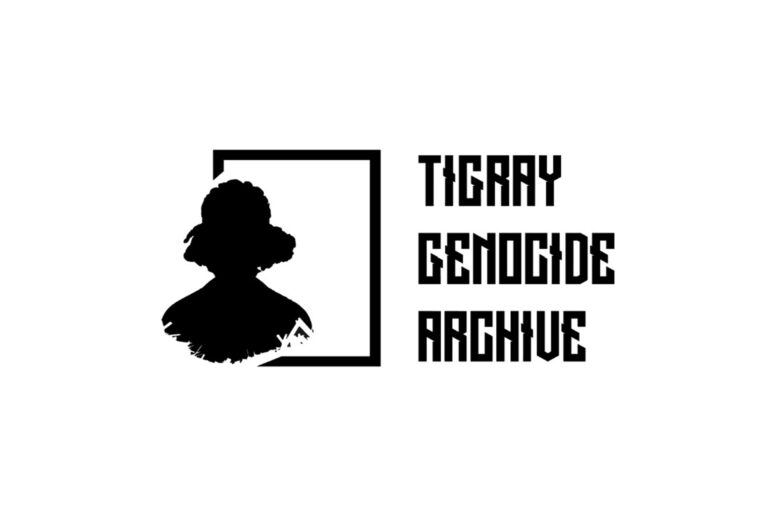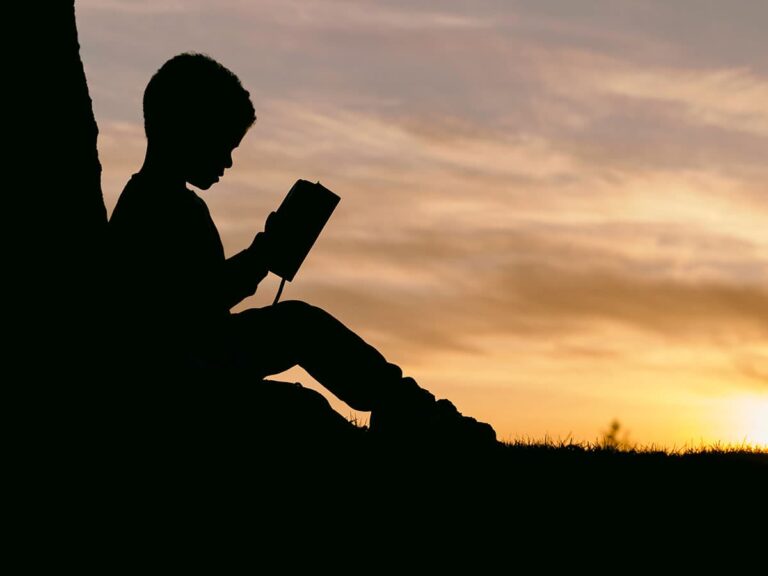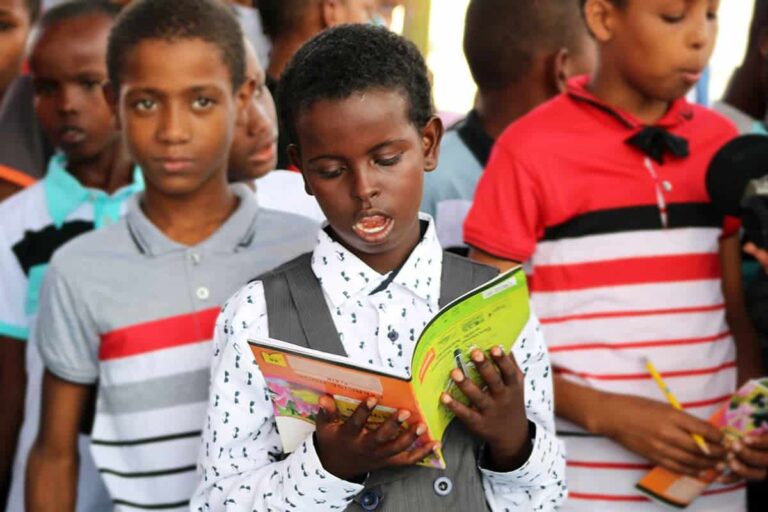While physical wounds from war are often visible—damaged buildings, lost limbs, burned villages—the psychological scars are harder to see, yet just as devastating. In Tigray, where countless civilians have endured unspeakable horrors, a mental health crisis is unfolding silently, affecting survivors of all ages.
War has a way of leaving invisible wreckage—trauma, anxiety, depression, and emotional numbness. The pain runs deep, and without access to proper mental health care and psychosocial support, many victims are left to suffer alone.
The Unspoken Toll of War
Tigray has witnessed a brutal conflict that included massacres, sexual violence, famine, and mass displacement. For survivors, especially children, women, and those who lost family members, the emotional burden is immense.
A report from Doctors Without Borders and Amnesty International highlighted the psychological impact on survivors, particularly victims of sexual and gender-based violence (SGBV). Many live with post-traumatic stress disorder (PTSD), recurring nightmares, suicidal thoughts, and a deep sense of fear and grief. Children who lost parents or witnessed killings often exhibit withdrawal, aggression, or developmental delays.
For internally displaced people (IDPs) living in temporary shelters with little privacy or security, the constant uncertainty only deepens their distress. Many report feelings of hopelessness, insomnia, and survivor’s guilt.
Yet despite the clear need, mental health services remain critically underfunded and understaffed in Tigray. The healthcare infrastructure was already limited before the war, and now with hospitals destroyed or barely functioning, access to trained mental health professionals is nearly nonexistent in many areas.
Our Commitment to Mental Health and Healing
As part of our broader mission to rebuild Tigray, we place mental health at the heart of recovery. We believe that true healing must happen both physically and emotionally—and that every survivor deserves the chance to be heard, supported, and helped.
Our efforts include:
- Community-Based Psychosocial Support: We train local volunteers and health workers to offer basic mental health first aid, create safe listening spaces, and identify individuals who may need more advanced care.
- Safe Spaces for Survivors: Especially for women and girls who are survivors of sexual violence, we provide confidential counseling services and group support sessions, often in partnership with local NGOs and mental health specialists.
- Child-Focused Interventions: Our organization develops art therapy sessions, storytelling circles, and play-based healing workshops for displaced and orphaned children to help them process trauma in age-appropriate ways.
- Awareness and Stigma Reduction: Mental health is still taboo in many communities. We are engaging elders, community leaders, and faith-based figures in conversations to normalize seeking help and reduce the shame around emotional struggles.
Healing Together, Step by Step
Recovery from trauma is not linear. It requires time, empathy, and safe spaces to process pain. But with the right support, survivors can rediscover their strength, rebuild their sense of self, and once again find meaning in their lives.

You can be part of this healing journey.
- Donate to fund mental health training, therapy sessions, and trauma support kits
- Share stories that raise awareness of the psychological impact of the war
- Stand in solidarity with survivors by amplifying their voices and supporting community healing initiatives
Let us not only rebuild walls, but hearts. Together, we can help Tigray heal—one soul, one story, one survivor at a time.




